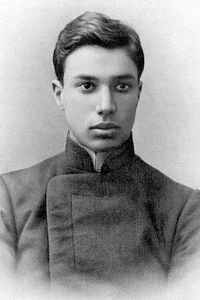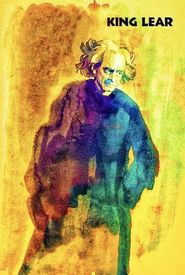Boris Pasternak was born on February 10, 1890, in Moscow, to a family of Russian-Jewish heritage. His father, Leonid Pasternak, was an acclaimed artist, and his mother, Rosa Kaufman, was a renowned concert pianist. Their home was a hub for intellectuals, with friends such as composers Sergei Rachmaninoff and Aleksandr Skryabin, as well as writers Rilke and Lev Tolstoy.

Boris Pasternak
Deceased · Born: Feb 10, 1890 · Died: May 30, 1960














